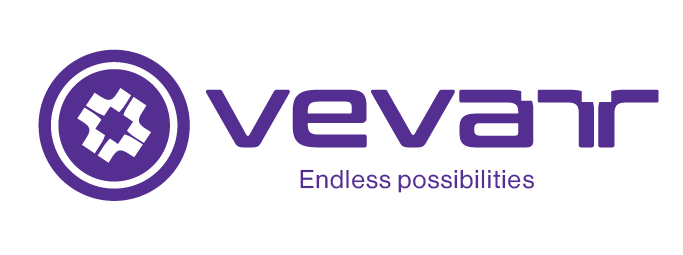Search Engine Optimization (SEO) is a crucial digital marketing strategy for agencies to increase online visibility, drive organic traffic, and generate leads. Here’s a comprehensive overview of SEO for agencies:
What is SEO?
SEO is the process of optimizing a website to rank higher in search engine results pages (SERPs) for specific keywords and phrases. This involves understanding search engine algorithms, keyword research, and on-page optimization techniques.
Why is SEO Important for Agencies?
1. Increased Online Visibility: SEO helps agencies increase their online visibility, making it easier for potential clients to find them.
2. Targeted Traffic: SEO drives targeted traffic to a website, increasing the likelihood of converting visitors into leads or clients.
3. Cost-Effective: SEO is a cost-effective marketing strategy compared to paid advertising.
4. Competitive Advantage: Agencies that invest in SEO can gain a competitive advantage over those that do not.
Key SEO Strategies for Agencies
1. Keyword Research: Conduct thorough keyword research to identify relevant keywords and phrases.
2. On-Page Optimization: Optimize website elements such as title tags, meta descriptions, headings, and content.
3. Content Creation: Create high-quality, relevant, and consistent content to attract and retain a clearly defined audience.
4. Link Building: Build high-quality backlinks from authoritative sources to increase website authority and ranking.
5. Technical SEO: Ensure website technical optimization, including page speed, mobile-friendliness, and XML sitemaps.
SEO Tools for Agencies
1. Google Analytics: Track website traffic, behavior, and conversion rates.
2. Google Search Console: Monitor website performance, search queries, and technical issues.
3. Ahrefs: Conduct keyword research, track backlinks, and analyze competitors.
4. SEMrush: Audit website technical SEO, track keyword rankings, and analyze competitors.
Best Practices for Agency SEO
1. Focus on Quality Content: Create high-quality, relevant, and consistent content.
2. Optimize for User Experience: Ensure website usability, accessibility, and mobile-friendliness.
3. Stay Up-to-Date with Algorithm Changes: Monitor search engine algorithm updates and adjust SEO strategies accordingly.
4. Track and Measure Performance: Use analytics tools to track website performance and measure SEO success.
By understanding and implementing effective SEO strategies, agencies can increase online visibility, drive targeted traffic, and generate leads.


